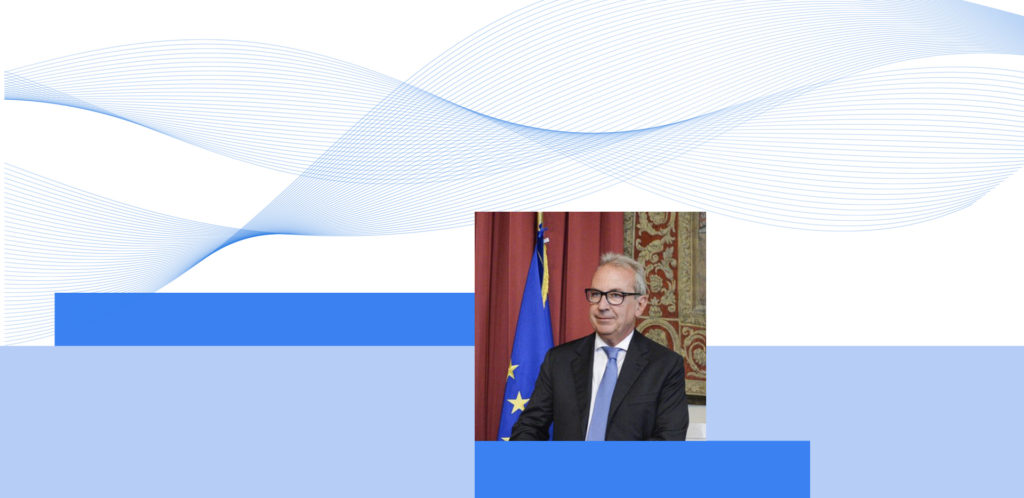
The Transport Regulatory Authority established in Italy on September 17, 2013, was mandated by the Italian legislator to ensure, amongst others, fair and non-discriminatory access to all modalities of transport. Was this a fair view?
Yes. Indeed, Italy was the first European country to create a transport authority that dealt with all modalities of transport (by rail, road and sea), which then constituted a model followed in other European countries. The approach of defining the rules common to all sectors has the great merit of making competition between the different modalities of transport possible.
Our organization is made up of Offices that deal horizontally with all means of transport and cover:
– access to infrastructures;
-services and retail markets;
– protection of passengers;
-vigilance and sanctions .
This organisation is efficient and has permitted to determine rules in all transport sectors with an average of fifty employees.
What is the first sector you have dealt with?
The railway sector, where we were the first in Europe to apply the directive called the third railway package. we wrote the principles for determining the railway toll with an efficient cost anchor and a return on invested capital (Wacc) in line with market rates in vigor. This question has allowed Italy to be the only country in the world where there is competition in the high-speed market segment. In recent years, newcomers have been allowed to offer Italian citizens a better service at lower prices, transforming our high-speed network in what is now known as Italy’s “underground”.
Which is the sector where you have encountered the most difficulties?
The maritime one and, above all, harbour infrastructures. One of the reasons for which this sector was a particularly challenging one to tackle was due to its legislative framework, which included the presence of a “Port System Authorities”. In fact, the label was misleading as it could (wrongly) suggest that the Port Systems Authority covered the functions of the Regulatory Authority – which, indeed, it did not.
Instead, in the aviation sector, the main governmental Agency is Enac, that performs the functions of garantor of (mainly) the maritime areas and determines how to safely provide maritime services.
The need to determine fair and non-discriminatory transparent access rules is certainly a priority of the Authority.
Has your founding law undergone any changes over the years?
Yes, some. The most significant was the one defined by the Genoa Decree approved by the Parliament in autumn 2018 after the collapse of the Morandi Bridge in Genoa. This gave us immediate power over all motorway concessions. Our work here was to identify an economic model to try to achieve efficiency in the absence of competition (that was a consequence of the impossibility to have competitors on the same motorway section).
We derived the efficiency through a calculation on the method of Stochastic frontier cost analysis based on over ten years of data received from dealers. Estimating the competition by comparison (Yardstick competition) has allowed us to determine the most efficient costs on the market, thus allowing for a strong reduction in motorway tolls when these principles are applied by all dealers.
Unfortunately, in these 7 years, no new concessions or revisions of the existing ones have been signed between the garantor (ministry of transport and infrastructure) and the leasers.
Has the protection of passengers grown over the years?
Yes, because we intervene with two regulatory references. On one hand, the European directives have given the authority the possibility of intervening “in the second instance”, or after the passenger has requested compensation from the carrier for the damage suffered and has not obtained satisfaction. On the other hand, with our institutive law, we have defined the minimum content of the rights that must always be satisfied by carrier (regardless of the type). For instance, an example of minimum content could be the minimum hygiene conditions of the means of transport and others.
The only modality that is not followed by the Authority (ENAC is competent) is the air one and my wish is that the national legislator intervenes as soon as possible to allow a coordinated and homogeneous treatment of all passengers beyond the means used.